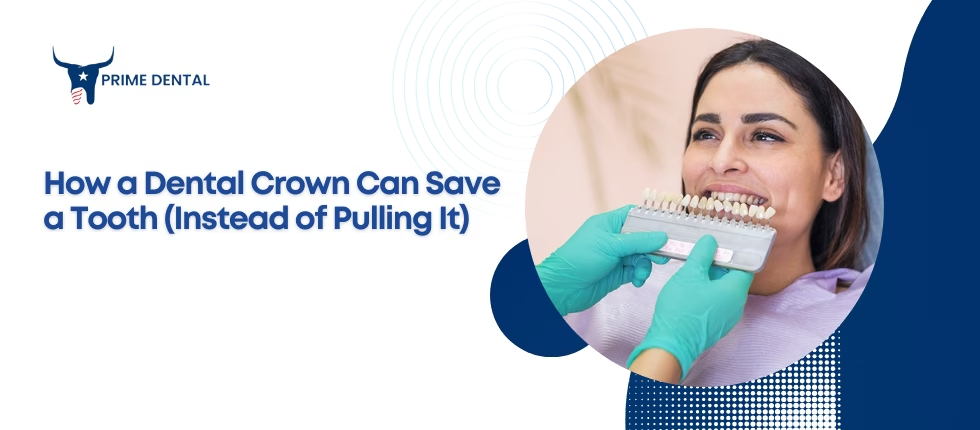How a Dental Crown Can Save a Tooth (Instead of Pulling It)

When you have a tooth that’s badly damaged, cracked, or causing persistent pain, it’s easy to think that pulling it is the only option. Many patients come to our office convinced their tooth is “too far gone” to save—but in reality, a dental crown can often restore and protect the tooth for many years. If […]
